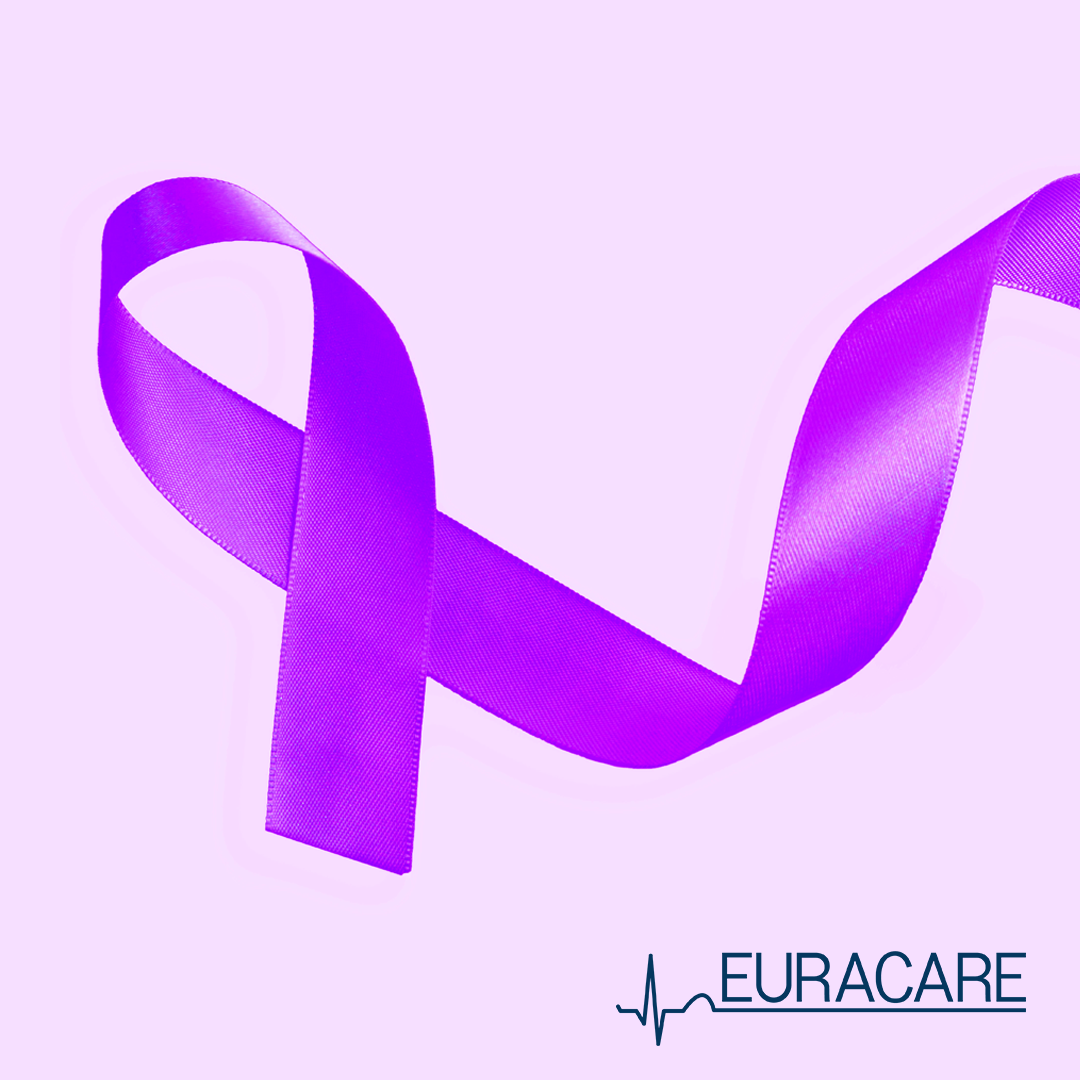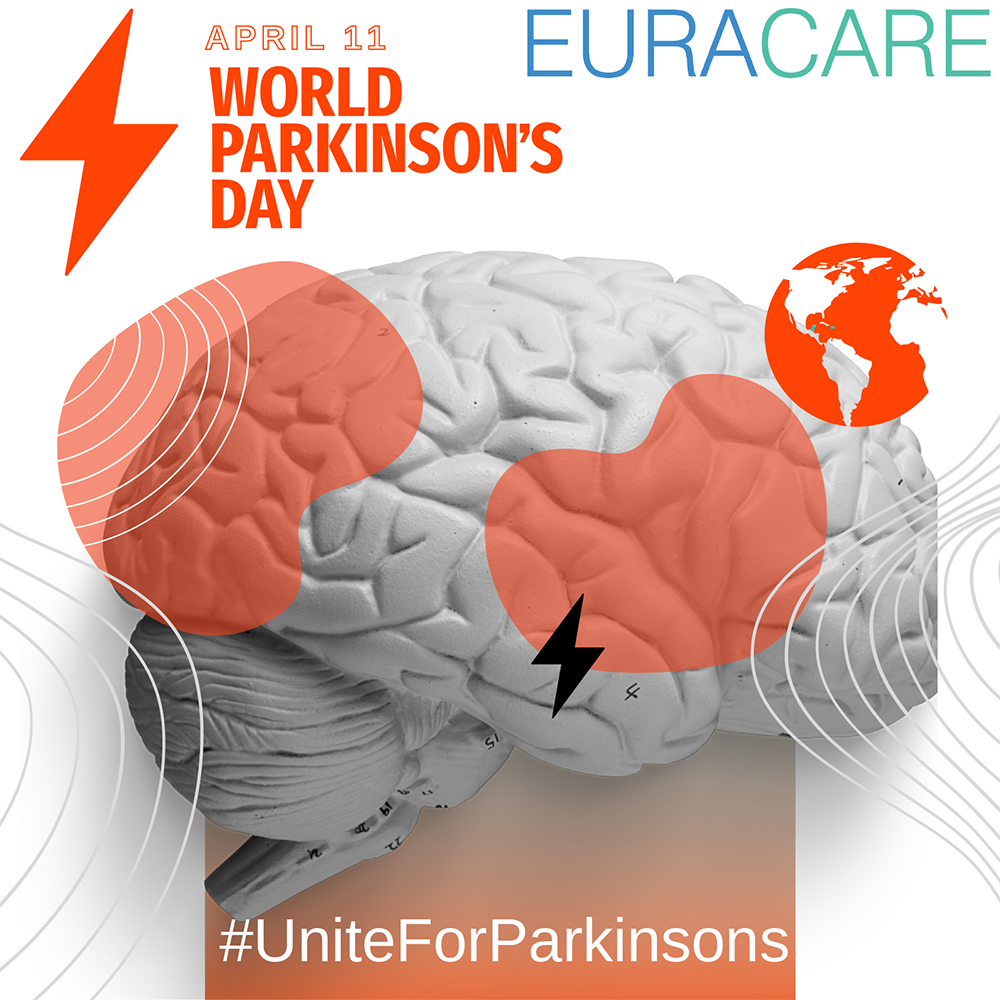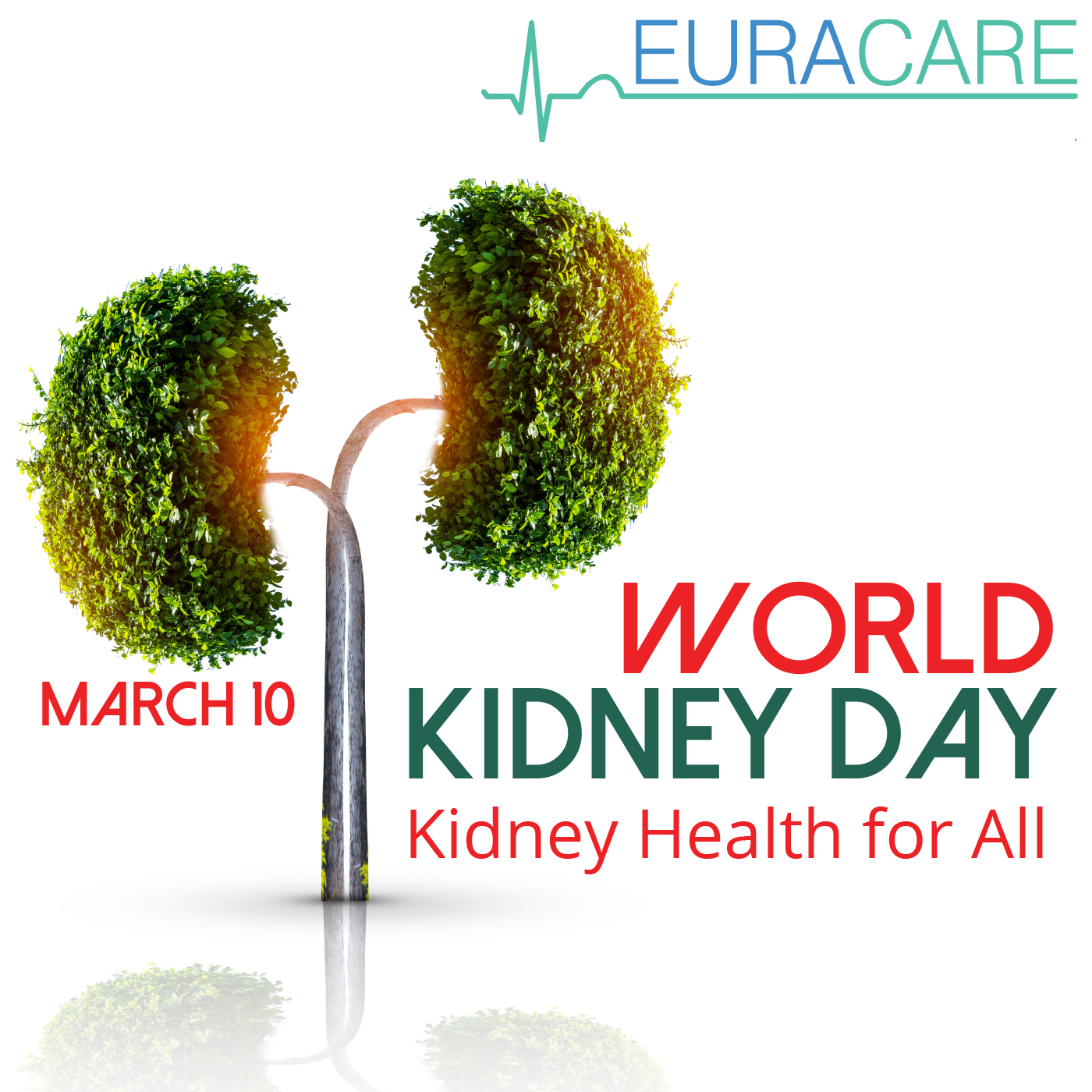
National Cancer Survivors Day is June 5th
National Cancer Survivors Day is dedicated to commemorating and honouring those who are living with a history of cancer.

World Parkinson’s Day is April 11th
What is Parkinson’s disease?
Parkinson’s disease is a neurological movement disorder. Common symptoms include tremors, slowness of movement, stiff muscles, unsteady walking and balance, and coordination problems. The symptoms vary widely amongst individuals. Although there is no cure for the disease, there is a treatment that improves the quality of life and helps the person living with PD cope with the changes the body undergoes.
The disease usually starts out slowly and worsens over time. If you have Parkinson’s disease, you may shake, have muscle stiffness, and have trouble walking and maintaining your balance and coordination. As the disease worsens, you may have trouble talking, and sleeping, have mental and memory problems, experience behavioural changes, and have other symptoms. None of these changes are part of normal aging.
Who gets Parkinson’s disease?
About 50% more men than women get Parkinson’s disease. It is most commonly seen in persons 60 years of age and older. However, up to 10% of patients are diagnosed before age 50. Although very rare, it can occur in young adults and children.
Is Parkinson’s disease inherited?
Generally, Parkinson’s disease is sporadic, i.e. not inherited. There is some belief that some cases of early-onset Parkinson’s disease – disease starting before age 50 – may be inherited
How is Parkinson’s disease diagnosed?
The diagnosis of Parkinson’s disease is based on the clinical exam the doctor performs. There is no test for Parkinson’s disease. Your doctor will however run blood tests and a brain MRI to ensure that there is no other explanation for the symptoms you are experiencing.


World Health Day
7 April is World Health Day. It is celebrated annually and each year draws attention to a specific health topic of concern to people all over the world.
DID YOU KNOW?
*2 billion people don’t have access to safe drinking water.
*829 000n peopledie from the diarrhoeal disease every year caused by polluted water and poor sanitation.
*3.6 billion people around the world don’t have safe toilets.
*9 out of 10 people breathe polluted air.
*Air pollution kills 13 people every minute.
*Tobacco kills 600 million trees and more than 8 million people every year.
*Source:WHO


World is Celebrating Doctor’s Day today.
We would like to take the opportunity and express our sincere gratitude for all the hard work, long hours, exceptional skills, compassion, and dedication you have put into this profession every day.
Thank You!


World Kidney Day 2022 – Kidney Health for All!
Chronic kidney disease (CKD) is common and harmful: 1 out of 10 adult people worldwide have it, and if left untreated it can be deadly.
While early detection allows for disease care and management to help prevent morbidity and mortality, the knowledge gap is stifling the fight against kidney disease.
Adopt a healthy diet and lifestyle (access to clean water, exercise, healthy diet, and tobacco control) to maintain good kidney health, preserve kidney function longer in those with CKD, and increase overall general awareness of the importance of kidneys.
- Do you have diabetes?
- Do you have a family member with kidney disease?
- Are you suffering from high blood pressure?
- Are you 60+?
- Do you have heart disease?
- African descent?
- A person can lose up to 80% of their kidney function without experiencing any symptoms.
Book your kidney function test already today!







World Obesity Day
World Obesity Day is observed on March 4, as an initiative that is directed towards the eradication of the global obesity crisis and to raise awareness about the implications of obesity.
Dealing with obesity has been one of the toughest public health challenges. Around 800 million people worldwide are victims of obesity. It’s a life-altering disease that heightens the chance of comorbidities and aggravates the risk of serious health problems.
Euracare has been at the forefront of pioneering procedures to manage obesity and established Bariatric and Metabolic Services. Euracare’s weight loss team comprises of bariatric surgeon, a bariatric anesthesiologist with expertise in intensive care and pain management, endocrinologist, cardiologist, pulmonologist (sleep specialist), psychologist, and clinical nutritionist. Find out more…

Dr Hammed Ninalowo explains how Interventional Radiology procedures can save diabetic limbs
Dr Hammed Ninalowo, a US-trained Vascular and Interventional Radiologist practicing at Euracare Multi-Specialist Hospital Nigeria explains how Interventional Radiology can save patients from the amputation of limbs. Diabetic foot disease, mainly due to neuropathy, peripheral arterial disease, and/or infection, often leads to ulceration and possible subsequent limb amputation.




